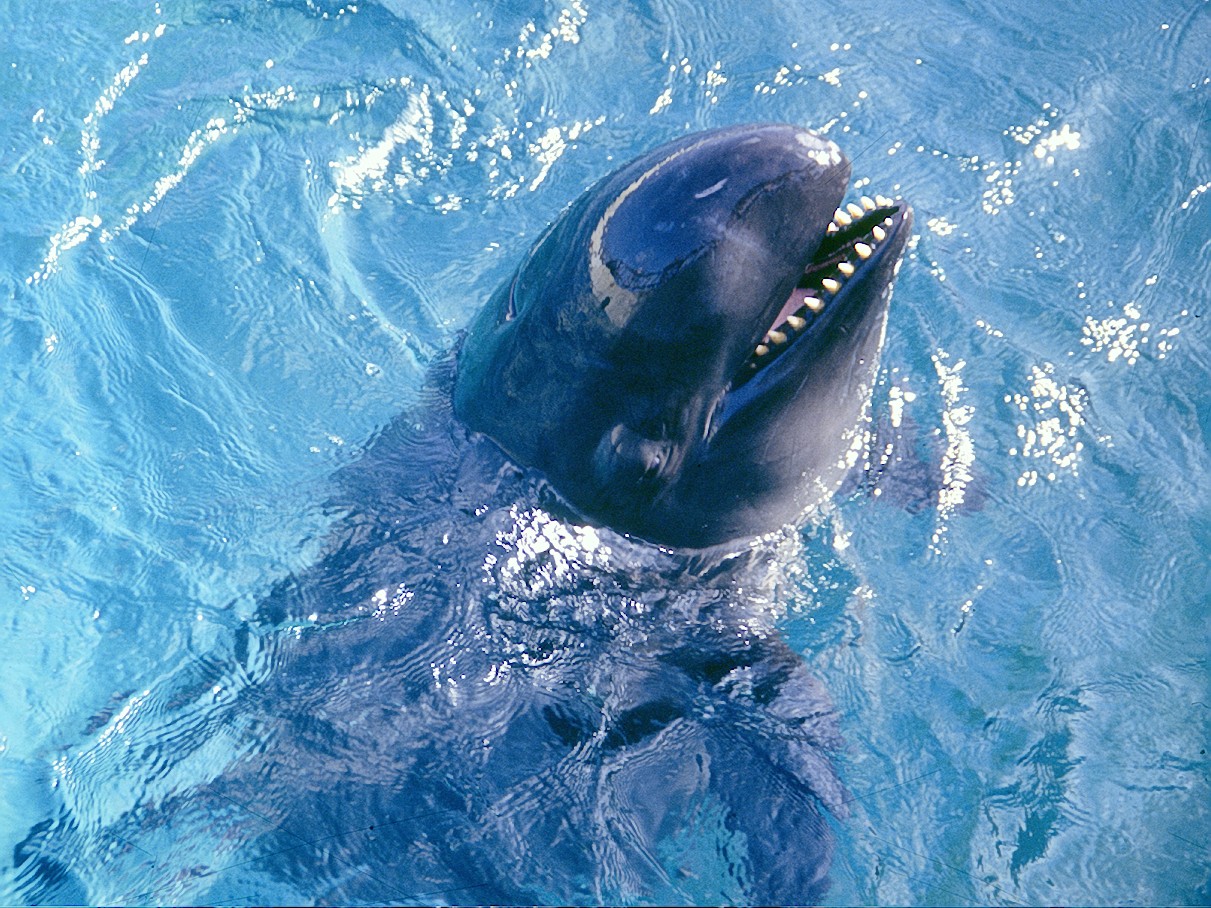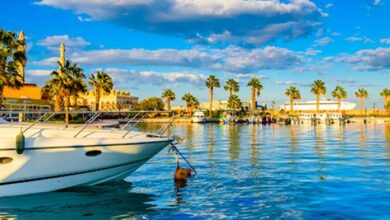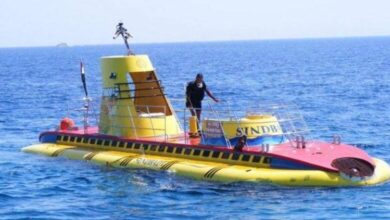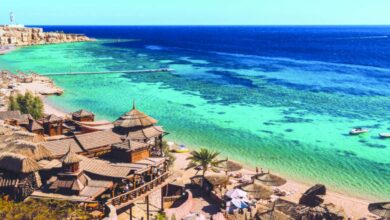
A specialized research team from Egypt’s National Institute of Oceanography and Fisheries along the Red Sea conducted an autopsy on Thursday on a false killer whale that had washed up on a beach south of Hurghada.
Al-Masry Al-Youm monitored the autopsy process, which included removing the intestine, liver, stomach, and heart of the animal to determine the cause of death and begin the process to preserve its body for further study.
Dean of the Institute Mahmoud Abdel Rady said that the examination showed no obvious injuries or wounds on the whale’s body that would explain its death.
He added that examining the intestine, stomach, and respiratory system, and pulling samples from parts of the body for analysis, would help scientists determine how the whale died and show if it was the result of something it ingested, Abdel Rady added.
The external body of the whale is intact and can be embalmed by the Institute’s experts, he said.
The whale, which was found two days ago on a beach near Sahl Hasheesh in Hurghada, is actually an oceanic dolphin that is better-known as the “false killer whale.”
The so-called false killer whale prefers tropical waters and is known by this name because of the great similarity in its behavior with the killer whale, which prefers to live in colder areas.
First described in the mid 19th century as a species of porpoise based on the discovery of a skull, false killer whales do not pose a danger to humans and are in fact quite sociable, known for forming “pods” with other false killer whales or different species of dolphins.
False killer whales live on a diet of squid and fish, are commonly found in most of the world’s seas and oceans, and are not threatened by extinction.
The species was first spotted in the Red Sea in 1985, and was last observed in the area on April 28, 2012.
The whale found in Hurghada was a five-meter-long adult male, weighing over 2 tons. False killer whales can reach up to six meters long, or 20 feet.
A committee from the Environmental Police Department supervised the transfer of the whale in a vehicle to the National Institute of Oceanography and Fisheries for further study.
Edited translation from Al-Masry Al-Youm




